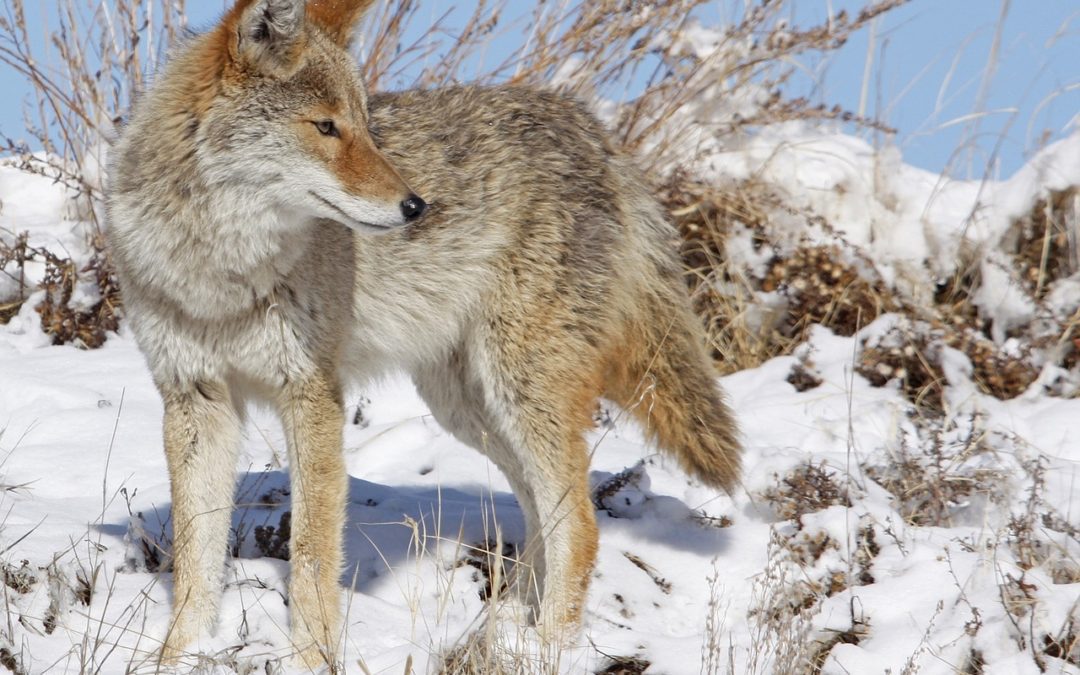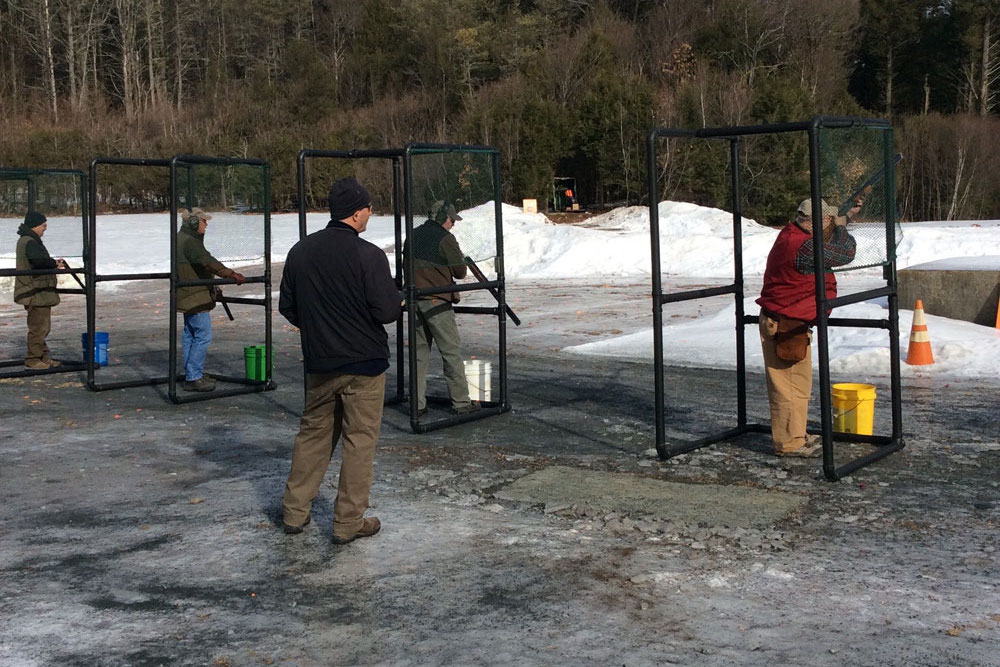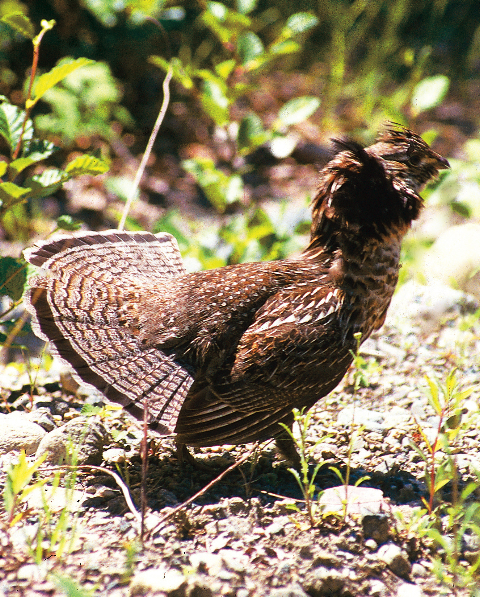The New Hampshire Fish and Game Department reminds residents and visitors that wild animals should be left alone, one reason being the possibility of rabies. The NH Department of Health and Human Services Public Health Laboratory recently confirmed that a coyote killed by a father after the animal attacked his child was infected with the rabies virus.
“Based on all the evidence we have collected and in talking with several people who recently reported seeing coyotes acting erratically, we don’t believe this is the only coyote in the Exeter area that may have rabies,” said Colonel Kevin Jordan, Chief of the Fish and Game Law Enforcement Division. “We want to therefore remind people that though rabies in animals is uncommon, there are some steps to take to avoid contact with infected animals.”
“Rabies can appear in an animal at any time of the year, not just during warm weather,” stated Patrick Tate, Wildlife Biologist and the Furbearer Project Leader at Fish and Game. “Rabies is spread from animal to animal through saliva, generally through biting or scratching. This is the same way it is spread to people from animals, so it is important that people not come in contact with wild animals, especially ones that are acting strangely, such as being aggressive, docile, acting sleepy or walking unsteadily.”
It is also important to have your pets vaccinated. Do not encourage wildlife to hang around your home—do not leave pet food outdoors, secure garbage can lids and clean your outdoor grill after each use. Contact a local law enforcement professional or Fish and Game Conservation Officer if you come into physical contact with a wild animal that you suspect may have rabies. Teach your children to let you know if they have been scratched or bitten by a strange animal, even if it is a pet.
If you do come into contact with a wild animal, contact your health care professional immediately about possible exposure treatment. Rabies can be treated if caught early.
Anyone with questions about rabies can call the New Hampshire Department of Health and Human Services, Bureau of Infectious Disease Control at (603) 271-4496. To read more about rabies and wild animals, visit https://www.wildlife.state.nh.us/wildlife/diseases.html.




